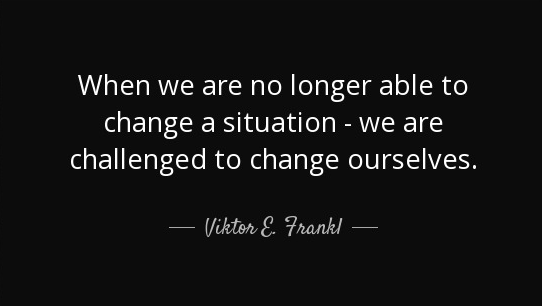Hope in a Time of Grief
In the wake of the presidential election, it seems many San Franciscans are just trying to cope. Therapists around town are being sought out to help process the feelings of disbelief, sadness, fear, and grief that many are feeling. Although the topic has been written about before, it seems important to touch upon again given the recent political events and to remind ourselves that grief does not just result from death of loved ones. People feel grief whenever there is a deep sense of loss...at the loss of relationships, the end of friendships, divorces, lost job opportunities, or even upon being diagnosed with a chronic health condition. With grief, there is a yearning for the past and a wish to escape the pain and uncertainty of the future. Elizabeth Kubler Ross is the well-known author who described the universal stages of grieving. The stages involve denial, anger, bargaining, depression, and finally, acceptance. However, despite some universal characteristics, not everyone moves through grief in a linear way. Some people feel stuck and find themselves unable to move past their feelings of depression or anger following a loss. When this happens, they may describe being out of control of their feelings or numb or they might experience physical aches and pains or general difficulty functioning in the day to day.
One path toward healing can come from a search for meaning and a sense of hope that a valuable life can still be lived, despite suffering great loss. One of the best examples of finding meaning against all odds can be found in Viktor Frankl's book, Man’s Search for Meaning. The book is a telling of Frankl's (a Viennese psychotherapist) experiences of surviving the Auschwitz concentration camp. In the book he describes terrible and inhumane conditions, yet imbues hope for survival despite the harshest of conditions. Frankl believes that meaning can be found, despite great suffering, in the everyday moments of daily life. His approach encourages readers to, “nevertheless, say yes to life.”
Frankl’s words can provide hope for those experiencing hopelessness. He wrote:
“everything can be taken from a man but one thing: the last of the human freedoms—to choose one’s attitude in any given set of circumstances, to choose one’s own way.”
In the throes of grief one might spend much energy bargaining to change or un-do the circumstances he or she is in. However, as Frankl says, “it is not freedom from conditions, but it is freedom to take a stand toward the conditions.” It is this realization that often leads to change and a greater sense of control and even satisfaction in one’s life.
So, in this time of great change and perhaps grief, take the steps necessary to move through your emotional reactions and, if possible, to transform them into something meaningful. Remember, too, that if you find yourself stuck you can always seek therapy because, as it turns out, it works!



